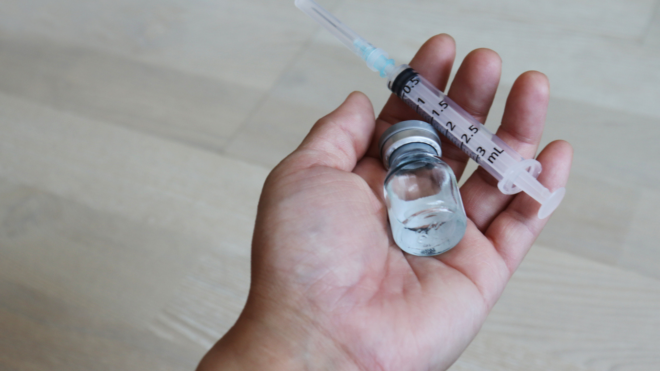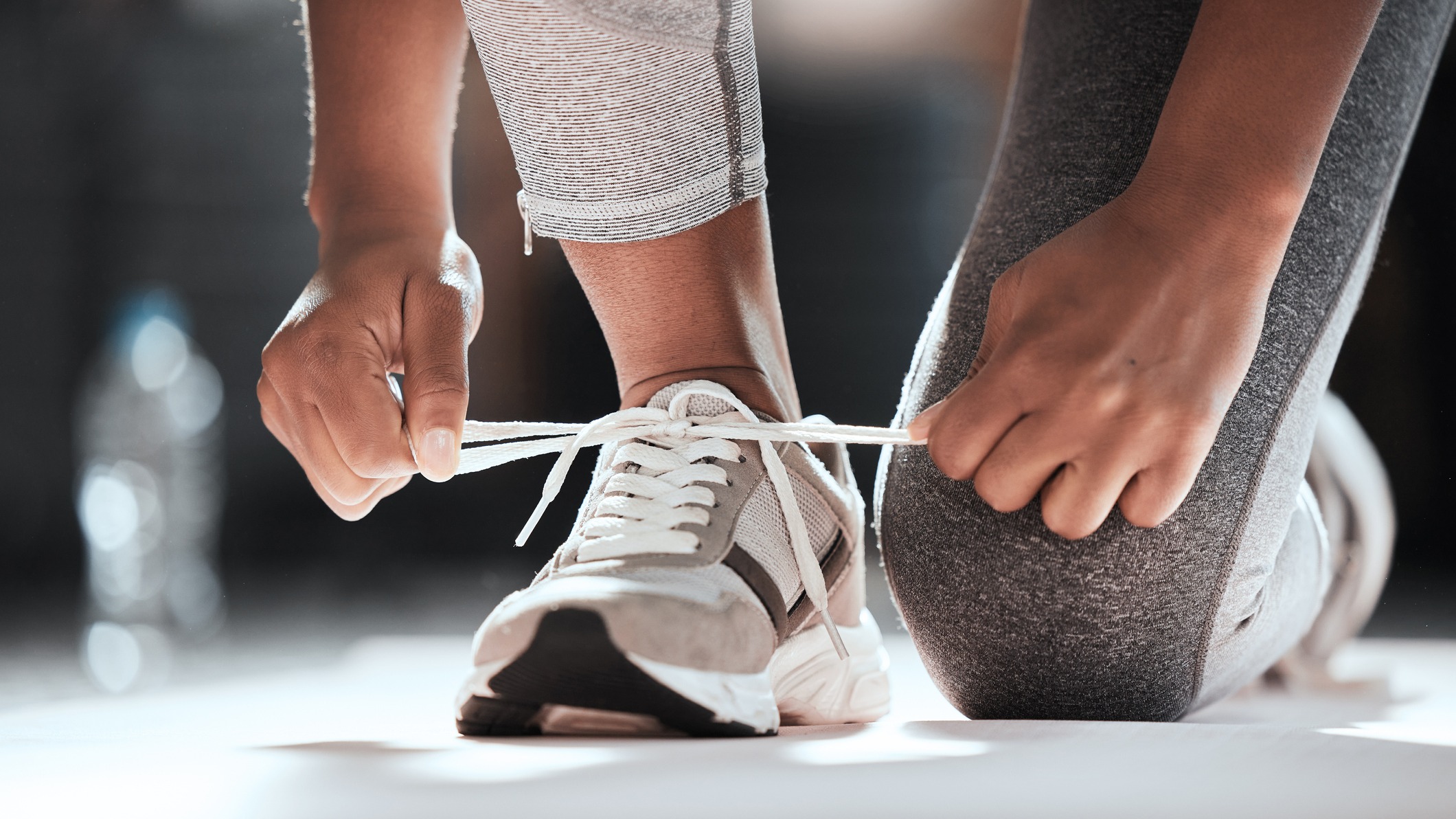
The day I found body positivity, my life was saved. I'm not being colloquial; I was a plus-size person living every day on the edge of her emotional seat. I stressed about how I looked in clothing, whether my husband was really attracted to me, and even how I looked when I sat down in a chair. I'd say silent prayers no one would get upset if I sat next to them on the train. I called myself names. But when I started seeing other women, specifically other fat women, wearing tank tops, opening up about their experiences, I felt like someone finally was handing me a life vest — something to cling to when my darkest days threatened to send me into a depressive spiral.
Body positivity gave me, a woman marginalized and mocked by society, the strength to stand up and demand better. And then, "fitstagram" happened.
More from CafeMom: How My Relationship With Exercise & the Gym Has Changed in Motherhood
'Fit mom' Sia Cooper posted a really well-intentioned video that highlighted her 'jiggly' parts.
"EVERYONE JIGGLES," she emphatically captioned her post. "Even fit people! You just don't see it because we either don't show it or we are flexing in every damn photo. It's important that I spread this because so many women are looking at 'jiggle' as if it's a flaw. It's not. It's normal. It means your body is doing its job."
She subsequently tagged the video with things like #bodypositive and #selflove — tags created by fat women of color, to reach a broader community.
And yes, of course Cooper has a right to love herself, a right to be proud of her body, and a right to post whatever she wants on her page. But the fact is, Cooper's body allows her a certain privilege. She will never face the harassment a fat person endures for simply existing, and by co-opting that fat activist language, she (and MANY, MANY, MANY other "fit moms") are boxing out the rest of us — taking away our visibility and our voices because we aren't "socially acceptable."
'Body positivity isn't just about loving yourself.'
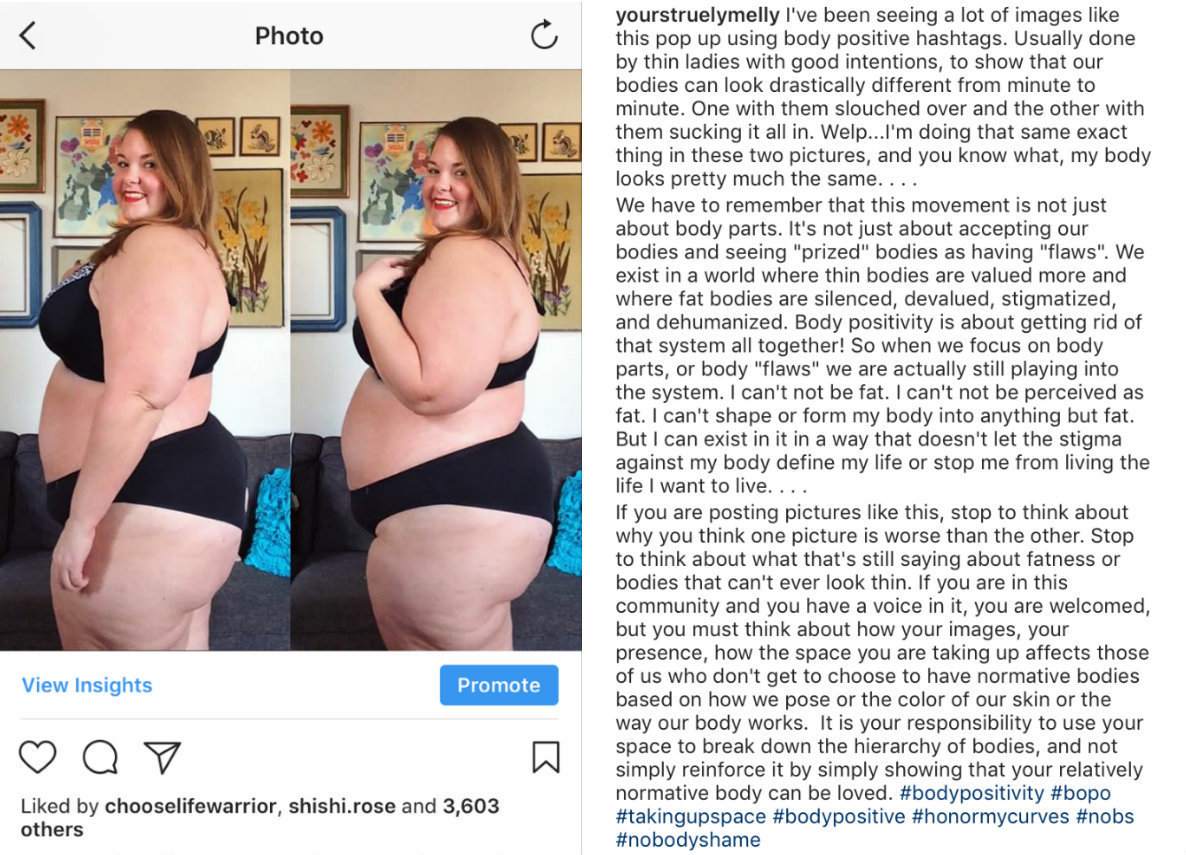
She tells CafeMom, "It's about breaking down the reasons we don't love ourselves to begin with … breaking down those assumptions and lies we have been taught. Questioning them and then seeing the beauty in others as well as ourselves. Body positivity just for our individual selves does nothing if we still judge others; in fact it's extremely harmful."
And, according to Gibson, videos like Cooper's can be guilty of just that.
"If we see our 'jiggly bits' (i.e., emphasizing that they happen 'even' to fit people) as flaws, we are still contributing to the systems and ideas that equate fat bodies to bad or flawed bodies. It holds up that set of beliefs and relies on comparison to mean that some jiggly bits are fine but don't have too much."
Recently, fit mom Maria Kang contributed slightly more consciously to the silencing of fat people.
According to Yahoo Style, after model Tess Holliday called out writer Robbie Tripp for his harmful essay on loving his wife "despite" her size, Kang shamed Holliday for on it via her Facebook page.
"Did anyone read this story about a husband loving his wife regardless of size? I thought it was a sweet tribute of someone loving their spouse despite any standard. When I see someone like Tess Holliday criticise this, it's disheartening. Tess is an obese model (not thick, plus size or curvy) who has popularised the term #effyourbeautystandards and should promote positivity in all forms."
Kang is not only invalidating a plus-size woman's experience by trying to dictate the way she feels about issues that impact her community, but she is also implying a morality factor with Holliday's size. This is super problematic, because no one is inherently "bad" or "good" because of the way she looks. Point blank.
Of course, this isn't to say Cooper and other women like her don't experience bias or live a struggle-free life.
Cooper herself has opened up about struggling with binge-eating and body-image issues. And sadly none of us is impervious to the dangerous thin-worshiping culture our society has created.
But the fact remains that she still carries a certain privilege, one that many fit bloggers who like to exist in the realm of body positivity tend to forget they have.
Body image coach Michelle Elman also explains that videos like this can be disingenuous and ultimately detrimental.
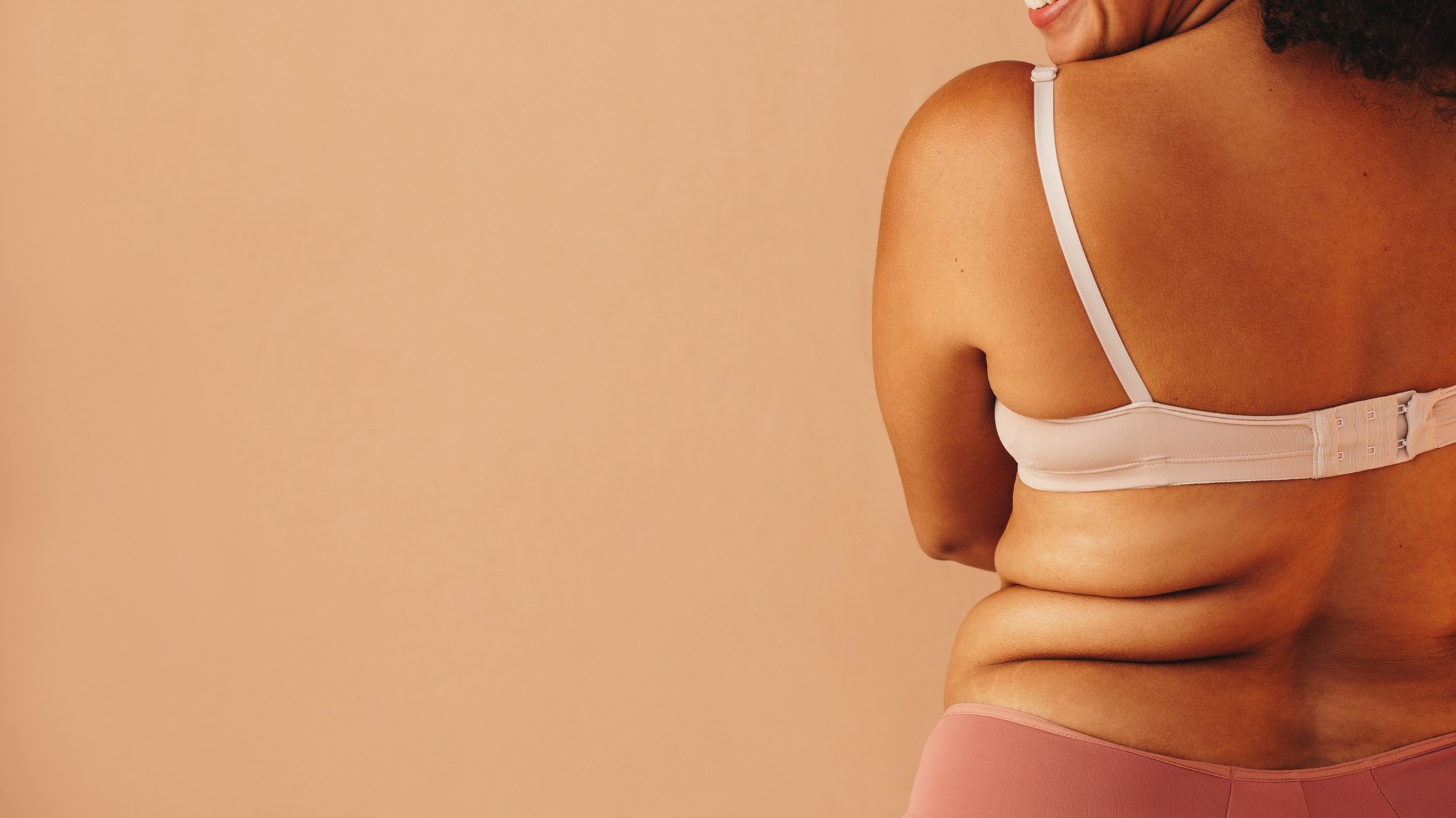
She tells CafeMom: "Having to pull, squish, and jump to create 'squish' or 'jiggle' and calling it fat adds to the stigma that fat people face, because a fat woman does not need to contort her body to be fat, she simply needs to exist. And yet that mere existence will lead to body shaming and health concern trolling, whereas when a thin or fit woman does it, she is praised for embracing her imperfections. If you have to pull at your body like that, then it isn't fat, it is skin. And yet these people will be praised for being real and relatable, but when a fat woman does it, she will be shamed for thinking her body is remotely lovable — emphasizing the difference in experiences in a fat vs. a thin body. And taking the thing that oppresses these people, without experiencing the actual oppression itself, is speaking over the voices that need to be heard."
For instance, Dana Falsetti is a popular yogi on Instagram. She's incredibly 'bendy,' promotes a healthy lifestyle, but is still fat-shamed.
Despite the fact that she is showing off her "jiggly" body just like Cooper, Falsetti is flooded with comments like "whale" and told things like she's too fat to live.
Roz the Diva, a super talented pole dancer, was brutally fat-shamed on America's Got Talent, despite the fact that she, too, uses her Instagram to promote fitness and well-being.
The difference between these women and fit moms like Cooper? The size of their bodies.
Virgie Tovar notes that those differences are essential to acknowledge.
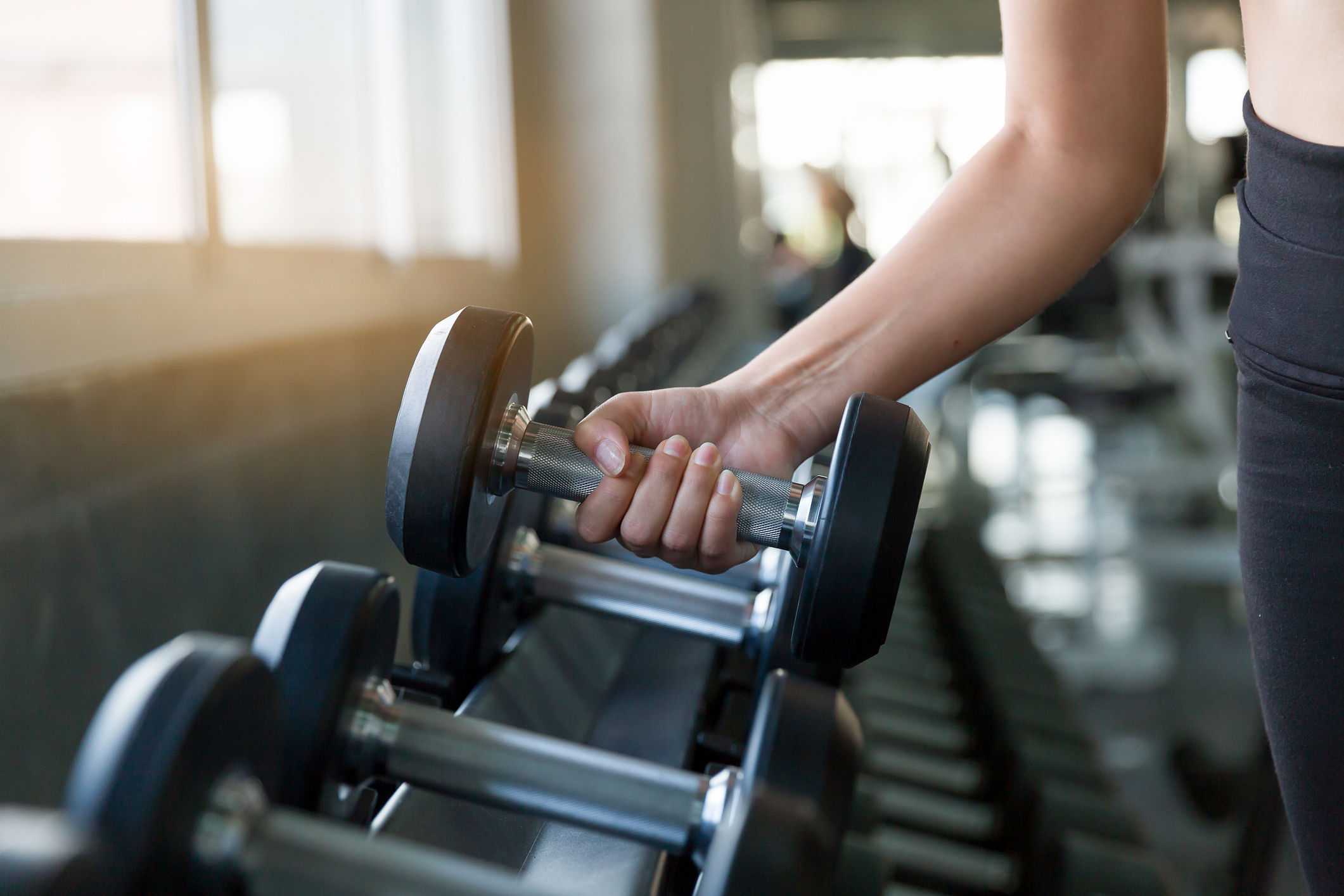
"It's important to understand that there is a difference between a person who navigates the culture in a body that is considered normal or thin and a body that is considered fat," she tells CafeMom. "Yes, we share lots of negative and positive experiences around how our bodies are perceived and treated regardless of size. Sure, everyone jiggles, but not everyone is barred from meaningful participation in society because of fat negative stigma. Sure, everyone jiggles, but not everyone makes less money, has fewer clothing options, has less access to romantic partnership, faces discrimination at work because of body size. Fat people have those experiences."
She continues: "And when thin people refuse to recognize that or they borrow language without recognizing that difference, then we risk losing sight that the fat movement is about ending the life-destroying reality of fatphobia — not a movement that exists merely to make us feel better about our jiggly parts."
Again, this isn't to say body positivity cannot include thin women or women who like to work out.
But when thin women pick and pull at themselves and claim to understand a struggle they don't, it is dismissive of those who have to live in a world where our existence is attacked.
If these fit moms would recognize their privilege, use their platforms for ally-ship, and disregard the notions that fat always equates to unhealthy, it would change the story. And I truly hope we can get to an intersectional space soon.



